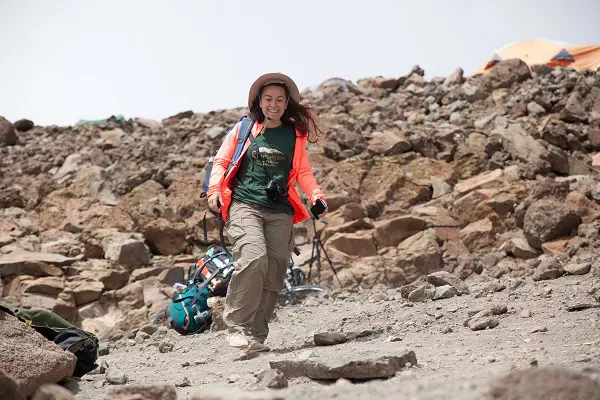
The towering peak of Mount Kilimanjaro, Africa's highest point, beckons adventurers from around the globe. Aspiring climbers often contemplate the feasibility of undertaking this monumental challenge without the assistance of a guide. "Can You Climb Kilimanjaro Without a Guide?" is a question that echoes through the minds of those seeking independence and a more intimate connection with the mountain. In this exploration, we delve into the complexities, considerations, and implications of attempting to conquer Kilimanjaro solo.
One of the primary factors influencing the possibility of climbing Kilimanjaro without a guide is the regulatory framework set by Tanzanian authorities. As of my last knowledge update in January 2024, the Tanzanian government requires all climbers to be accompanied by certified guides. This regulation is in place to enhance safety, protect the environment, and support the local economy.
Mount Kilimanjaro is a formidable challenge, and its towering heights bring inherent risks. The diverse climate zones, high altitudes, and the potential for altitude-related illnesses demand a thorough understanding of mountaineering safety. Guides are trained to recognize symptoms of altitude sickness, provide first aid, and navigate the challenging terrain. Attempting the climb without their expertise increases the risk of accidents and health complications.
Kilimanjaro's vast and varied landscapes present navigational challenges even to experienced climbers. The mountain comprises multiple routes, each with its intricacies. A guide not only ensures you stay on the correct path but also navigates through changing weather conditions and potential obstacles. Without this guidance, the risk of getting lost or encountering difficulties significantly rises.
Planning a Kilimanjaro expedition involves a multitude of logistical considerations, from acquiring permits to organizing supplies and coordinating transportation. Guides play a crucial role in handling these logistics, ensuring a smoother and well-organized climb. Solo climbers without prior experience in Tanzanian bureaucracy and mountain logistics may find these challenges overwhelming.
Engaging with local communities and respecting the environment are integral aspects of responsible mountaineering. Certified guides contribute to the local economy and are well-versed in promoting eco-friendly practices on the mountain. Climbing without a guide may inadvertently lead to a negative impact on the local communities and the delicate ecosystems of Kilimanjaro.
Attempting to climb Kilimanjaro without a certified guide may lead to legal repercussions. Tanzanian authorities strictly enforce regulations related to mountain climbing, and violating these rules can result in fines, deportation, or even legal action.
While experienced mountaineers might be equipped to navigate challenging terrains independently, Kilimanjaro's accessibility attracts climbers with varying levels of experience. The mountain's unique challenges, such as high altitude and unpredictable weather, require specialized knowledge that guides possess. For those without extensive mountaineering experience, attempting Kilimanjaro without a guide may pose a significant risk to personal safety.
In the realm of mountaineering, the question of climbing Kilimanjaro without a guide is met with practical and regulatory challenges. While the allure of conquering Africa's highest peak independently may be appealing, the complexities of the climb, coupled with safety and legal considerations, underscore the importance of engaging certified guides. The expertise, cultural awareness, and logistical support they provide not only enhance the chances of a successful ascent but also contribute to the sustainability of this iconic natural wonder. When embarking on the formidable journey up Kilimanjaro, choosing the path of responsible and guided climbing ensures not only personal safety but also a positive impact on the mountain and its surrounding communities.